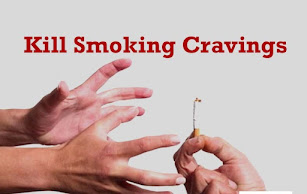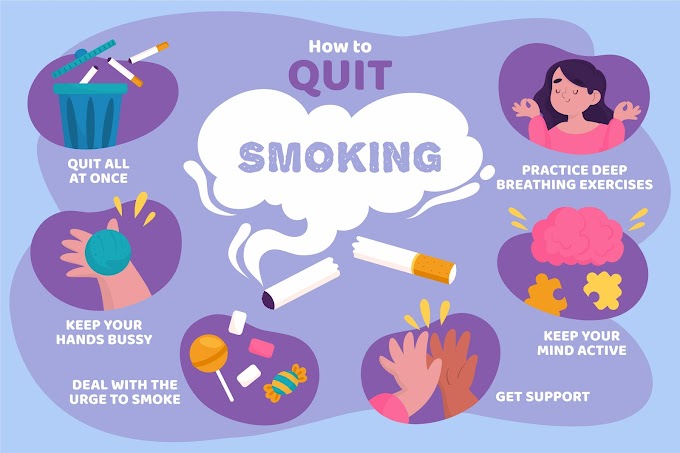List of Negative Effects of Quitting Smoking
Tiredness
After quitting smoking, many people report feeling tired. This is normal and to be expected as your body adjusts to not having nicotine. The level of tiredness may vary from person to person, but it is usually not severe and should go away after a week or two. If you find yourself feeling excessively tired after quitting smoking, it is important to get plenty of rest and to drink plenty of fluids. If the tiredness persists or is accompanied by other symptoms, such as shortness of breath or chest pain, it is important to see a doctor as these could be signs of a more serious problem.
Cigarette cravings
Cigarette cravings are tough to resist.I know how hard it is to resist cigarette cravings, but it is possible. There are a few things that you can do to make it easier. One thing that you can do is to keep yourself busy. If you find yourself with a lot of free time, then you may want to consider taking up a new hobby or activity. This will help to take your mind off of smoking and will also help to keep you from getting bored. Another thing that you can do is to try and stick to a schedule. If you smoke at the same time every day, then it will be easier to resist the urge to smoke. Finally, you may want to try and quit smoking for good. This may be the most difficult thing to do, but it is possible. There are some wedsites which show the ways of resist tobacco Ways to resist tobacco cravings
Weight gain
It is not uncommon to gain weight after quitting smoking. This is often due to the fact that people often substitute food for cigarettes when they quit. Additionally, quitting smoking can also lead to increased appetite. Study on Weight gain after quitting smoking
Anxiety
If you are experiencing anxiety after quitting smoking, it is important to remember that this is a normal reaction. Many people feel anxious when they first quit smoking Quitting smoking is linked to improved mental health, research finds, as they are adjusting to a new lifestyle. However, there are a few things you can do to help ease your anxiety:
- • Avoid triggers: Try to avoid situations or activities that trigger your anxiety. If you are anxious about being around smokers, avoid places where people are smoking.
- • Relaxation techniques: There are a number of relaxation techniques that can help reduce anxiety, such as deep breathing, progressive muscle relaxation, and visualization.
- • Exercise: Exercise can help to reduce anxiety by releasing endorphins, which are natural mood-boosters.
- • Talk to someone: Talking to a friend, family member, or therapist can help you to express your anxiety and find ways to cope with it.
Depression
It is not uncommon for people to experience depression after quitting smoking. This may be due to the withdrawal symptoms that can occur when quitting, such as irritability, anxiety, and difficulty sleeping. It is also possible that the person may have underlying mental health issues that were not previously diagnosed. If you are experiencing depression after quitting smoking, it is important to talk to your doctor or a mental health professional to discuss your symptoms and get the help you need. Study on Depression
Irritability
While some people report feeling irritable after they quit smoking, others say they feel more relaxed. It may take a week or two for your body to adjust to not having nicotine.
Trouble sleeping
There are a number of reasons why people have trouble sleeping after quitting smoking. nicotine withdrawal can cause anxiety and irritability, making it difficult to fall asleep. Quitting smoking can also disrupt your sleep patterns. Some people find that they sleep more lightly and wake up more often during the night.Does Quitting Smoking Make You Tired?
Constipation
There are a number of possible reasons for this. It could be that your digestive system is still adjusting to not having cigarettes, or it could be that you are now more aware of your bodily functions since you are no longer numbing yourself with cigarettes. It could also be a side effect of any medications you are taking to help you quit smoking. If the constipation is severe or persists for more than a week, you should see your doctor.
Dry mouth
Dry mouth is a common problem after quitting smoking. There are a number of possible causes, including:
- Reduced saliva production. Smoking can reduce saliva production and lead to dry mouth.
- Changes in taste and smell. Smoking can alter your sense of taste and smell, which can make food and drinks less enjoyable.
- Nerve damage. Smoking can damage the nerves that control saliva production, leading to dry mouth.
- Medications. Some medications used to treat conditions such as depression and anxiety can cause dry mouth.
- If you are experiencing dry mouth, there are a number of things you can do to help relieve the symptoms:
- Drink plenty of fluids. This will help to keep your mouth moist.
- Chew sugar-free gum or suck on sugar-free hard candy. This will help to stimulate saliva production.
- Use a humidifier. This will add moisture to the air and help to keep your mouth moist.
- Avoid tobacco, alcohol, and caffeine. These substances can make dry mouth worse.








.jpg)